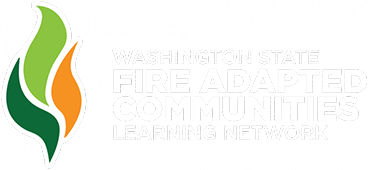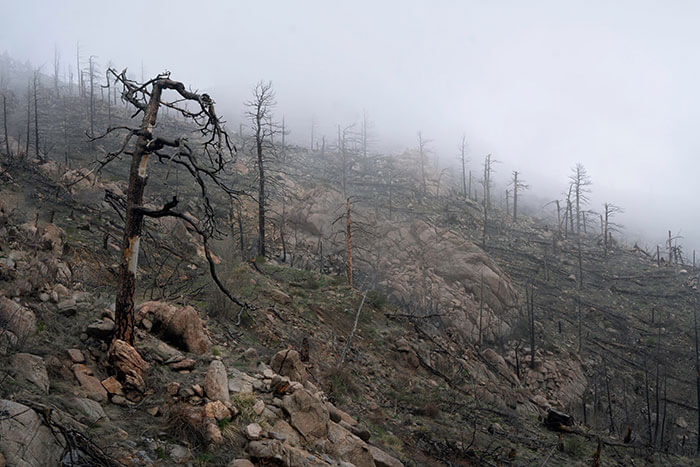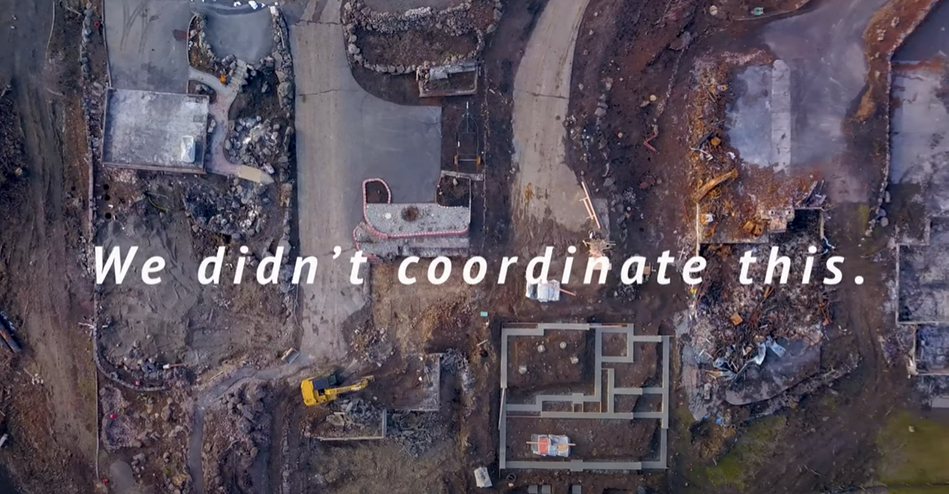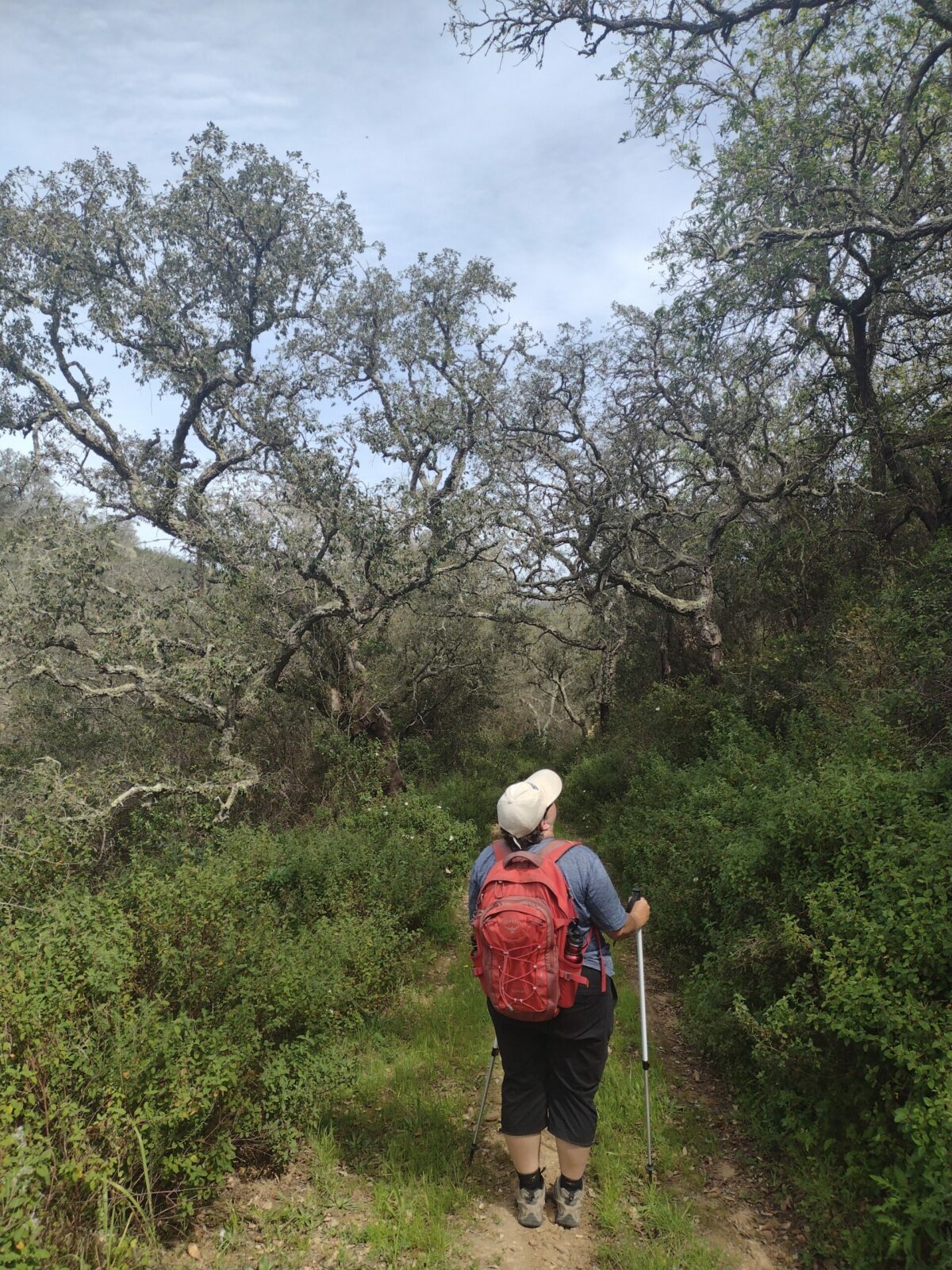I love coaching soccer (and yes, I know this is a blog about communities learning to live with wildfire). My oldest daughter is 9 and I have particularly enjoyed working with her team this year. Our last practice was just a few days ago. I looked forward to it for weeks. I planned fun games (all of which had hidden learning objectives, naturally). I mapped out an obstacle course. There were soccer-ball sized croquet wickets made from pool noodles, agility ladders, and hula hoops. Seriously, there were hula hoops. It was epic… mostly because approximately 50% of the team was in tears at some point during the day. Not my finest hour.
I wish I could say that was an isolated incident. Honestly though, it really wasn’t. I am not talking about making 9-year old soccer players cry (I promise that was the first and last time for that). Rather, I am talking about my tendency to push the limits in search of something marvelous right up to the point where I push myself, and whoever I have convinced to come along for the ride, right off a cliff. The work-related examples are numerous. Some of them are infamous (the “after the fire” roundtable at the PNW learning exchange springs immediately to mind) and some of them were so miserable (many, many attempts to integrate fire adapted communities into incident management teams fall into this category) that I called colleagues from my car in tears looking for solace and inspiration. The list of things tried here in North Central Washington with varying degrees of disaster as an outcome is long and exhaustive.
Failure is a loaded word – so loaded, in fact, that most of us avoid using it or discussing it at all costs. If we talk at all about things that didn’t go quite the way they should, we talk about “unexpected outcomes” or how “opportunities for growth were highlighted.” Regardless of what words we use, we tend to pull our punches a little when it comes to discussing failures. Sometimes this is because we want to protect ourselves and our funding. Who wants to explain poor outcomes to a granting agency? Sometimes, other people are invested (financially, politically, or personally) in the project and discussing its shortcomings involves more than just one individual coming to terms with another set of “unexpected outcomes.” Perhaps a public blog is not the best method to discuss mistakes that involve others, but it isn’t possible to have a beer with everyone working in this field! As a result, we need to find a way to talk about things that aren’t perfect in whatever terms we can manage. Maybe we talk about mistakes, or things we wish had gone better, or things we wish hadn’t happened at all… the key is that we are talking. Nursing “opportunities for growth” in private does all of a disservice. It can set unrealistic expectations among our peers that every attempt to further the mission is easy, immediately successful, and totally without error. The unwillingness to share the “uh-oh’s” or even the “oh no’s” dooms others to discover them for themselves.
We must also remember that the reasons for failure are critical to making the best out of less than ideal situations. Sometimes, failures happen due to situations beyond our control (e.g. gastrointestinal illnesses, guest speakers who go completely off the rails, massive technology outages) and sometimes they happen because we made a mistake (missed a variable, didn’t get a complete picture of the issue, poor plan, bad execution). Even when we want to bury our head in the sand and pretend that something just didn’t happen, we have to dig deep and dig into the reasons why it did. In this way, we take a failure and we make it into something worthwhile.
Failure is an inherent by-product of innovation. Getting better outcomes requires trying new things and not all new things work. Now, I am not advocating for blind attempts at improvement. It is important to do your homework, research your approach and take a thoughtful, reasonable course of action. Failure remains a possibility, even when you are prepared, if you are trying to make change in your community. However, not trying something new because we are afraid to fail relegates us to maintaining an ineffective status quo. Not talking openly about our failures is just as bad as not trying at all. The only way we advance in a field like community resilience and adaptation, where the problems are so complex that they require constant learning and adjustment, is to share our failures just as equally as we share our successes. Even when it hurts a little (and, at least for me, it usually hurts a lot).
This year, I am committing to blogging, openly and plainly, about at least one failure that occurred in pursuit of greatness. In the immortal words of a mentor of mine, “if you are going to fail, fail spectacularly.” I can say with a high degree of confidence that I have the spectacular part covered (see hula hoops and pool noodles above). That said, those spectacular failures are meaningless if I don’t at least learn from them (better yet if other people can learn from them too). I challenge all of you in the Washington Network to join me in celebrating innovation by sharing our “opportunities for growth” throughout the year. #failure is worth it





